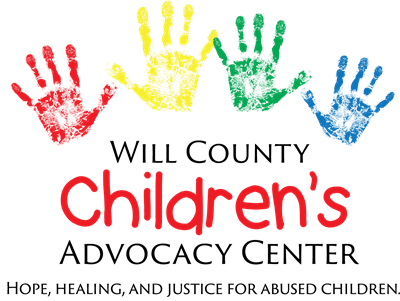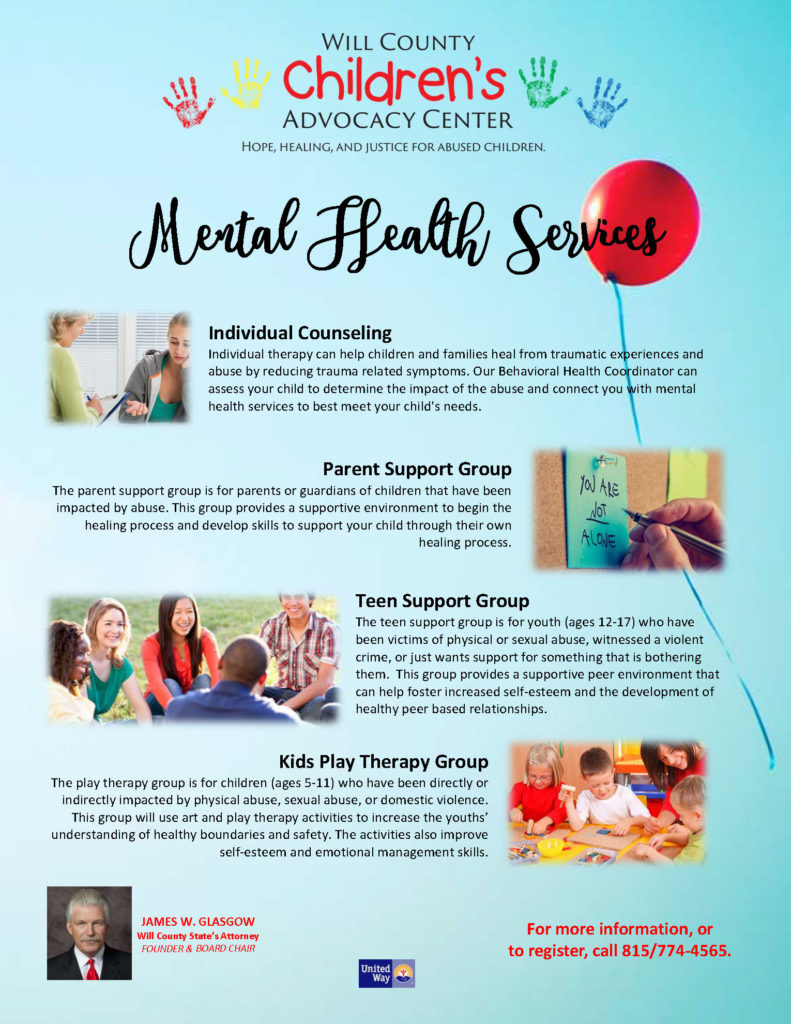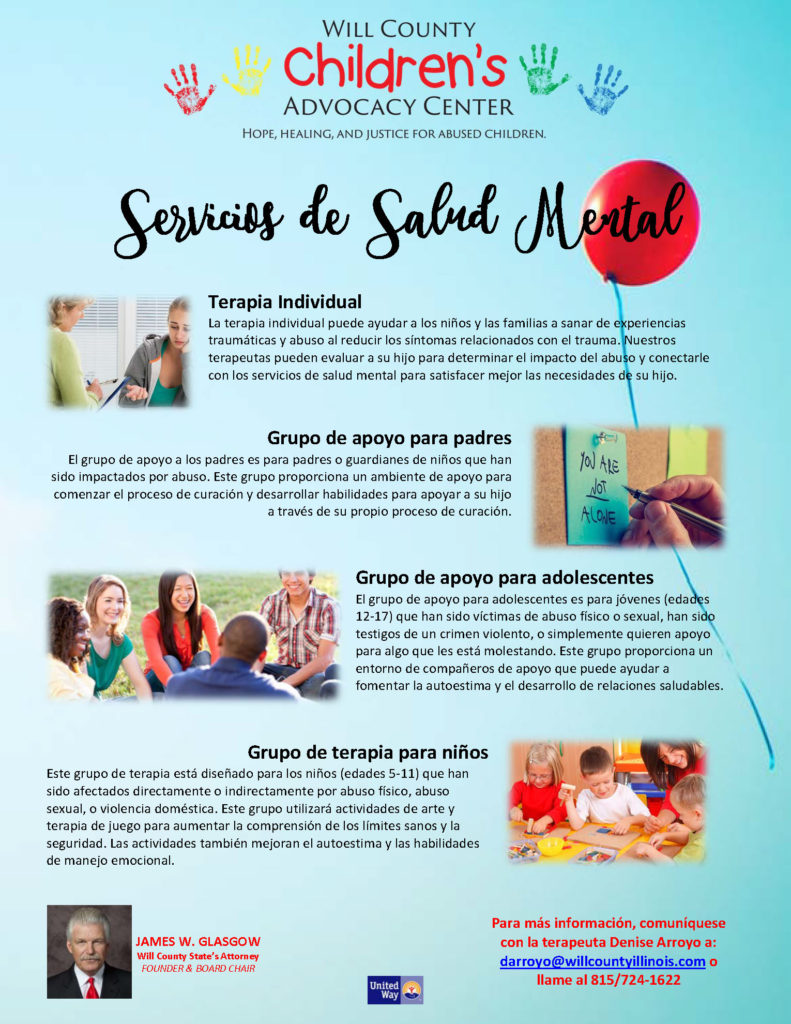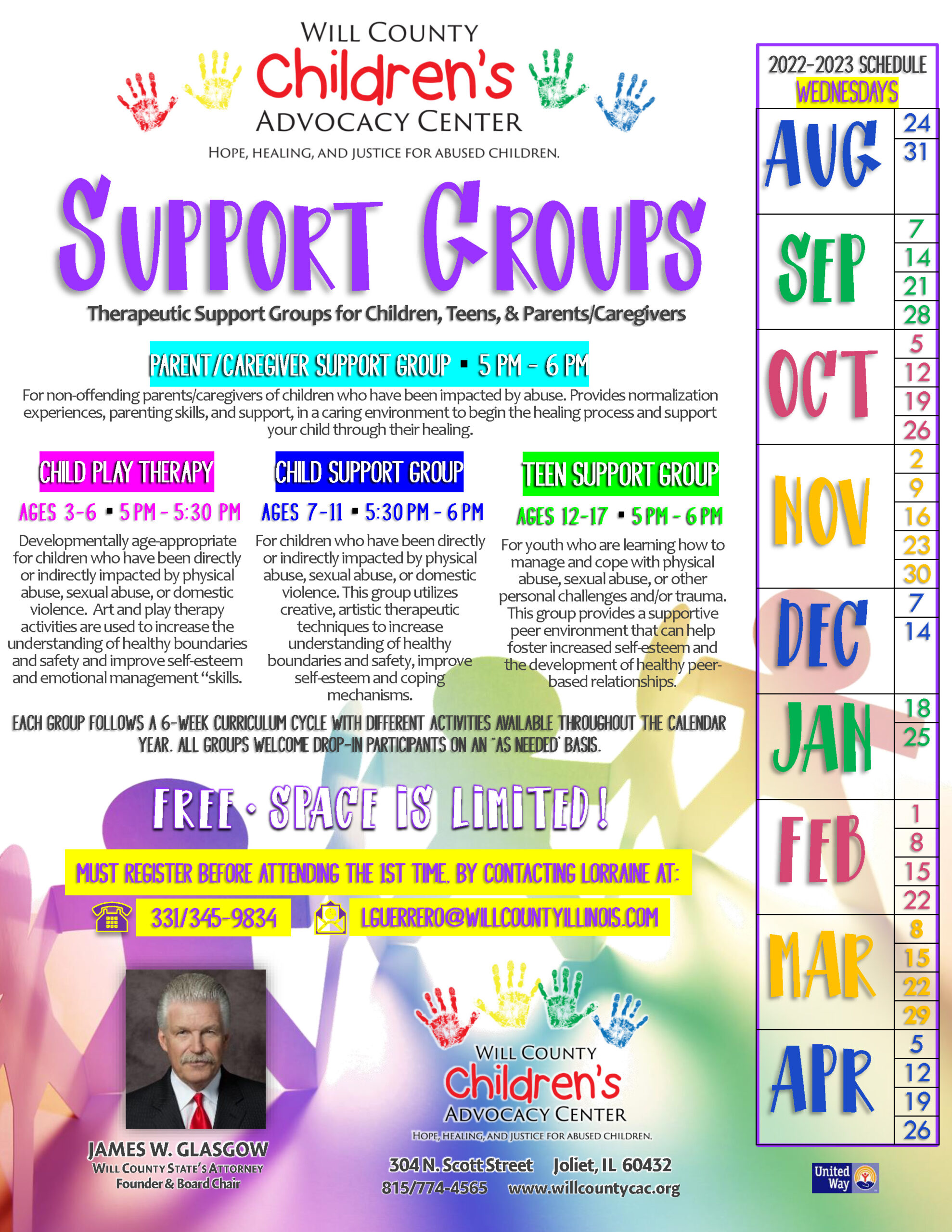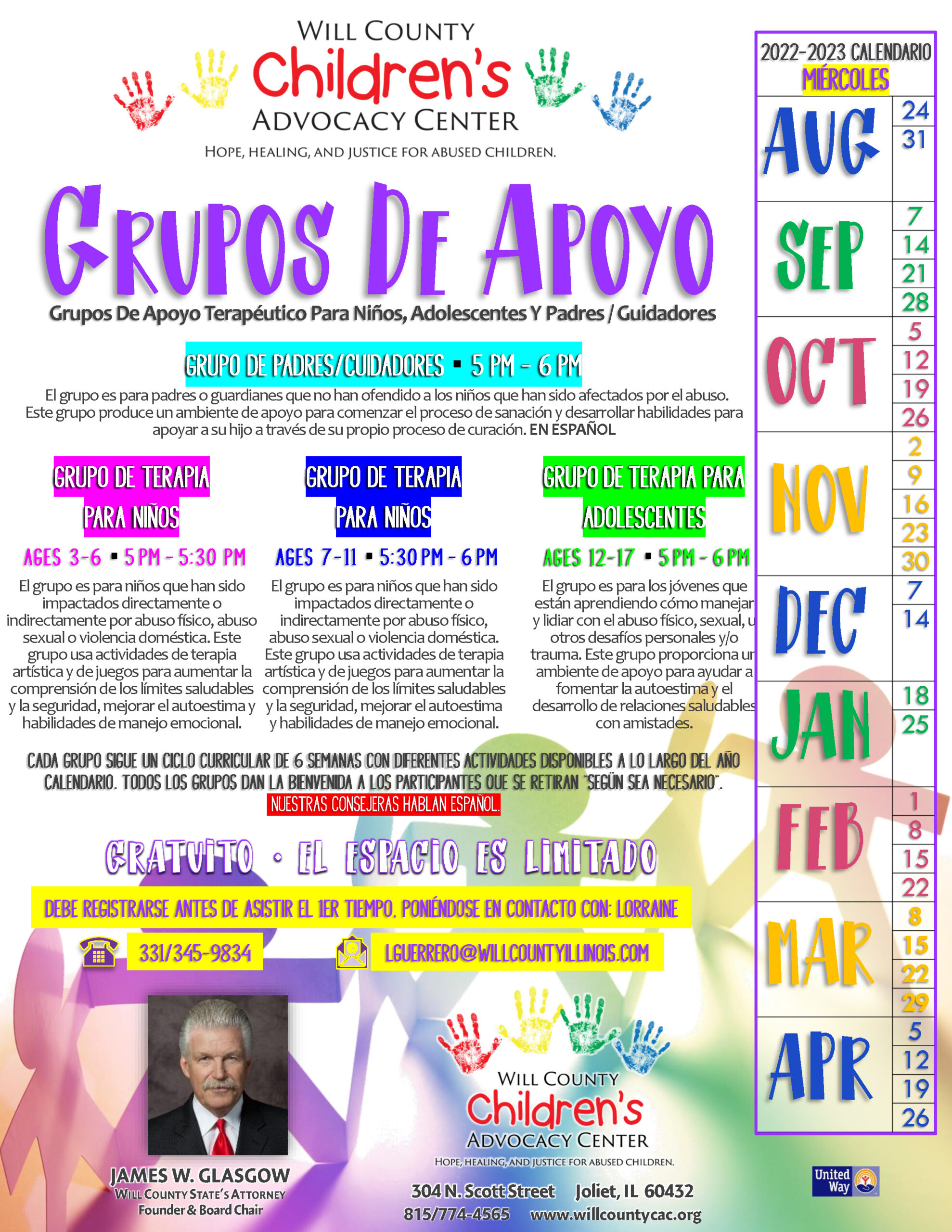Helping Children Heal From Trauma
Children may experience anxiety, depression, and withdrawal from normal activities, in response to a potentially traumatic event. Children also may develop behavior problems, as they have difficulty managing their feelings and thoughts about what happened to them. Some problems may be very specific to the abuse. He or she may avoid locations where the abuse occurred (such as a bathroom, bedroom, or school) to avoid a feeling of re-experiencing the abuse. In addition, a child may attempt to cope by using drugs and alcohol or engaging in other “risky” behaviors.
The consequences of untreated traumatic stress can affect a child’s success in school or their relationships with friends and family, and this can continue to impact an individual throughout his or her life.
All our therapists have completed CLINICAL TRAUMA CERTIFICATION training to reinforce their knowledge and effectiveness as a trauma professional.
Because children and adolescents respond in many different ways to traumatic events, we provide therapists that are prepared to provide the very best therapy that research and science have to offer, using the following array of treatment modalities:
- Trauma-Focused Cognitive Behavioral Therapy (TF-CBT) – an evidenced-based, components-based approach to working with children and adolescents that integrates trauma-sensitive interventions, cognitive behavioral principles of gradual exposure, integrating attachment, development and family based models in order to address symptoms of post-traumatic stress disorder, depression and anxiety associated with exposure to overwhelming life events. It is designed and proven to be effective in helping children ages 3-17, and their non-offending caregivers, overcome the impact of traumatic events.
- Eye Movement Desensitization and Reprocessing (EMDR) – a therapeutic technique, using bilateral stimulation, that allows children who have been exposed to disturbing, and possibly traumatizing events to activate the nervous system’s natural mechanisms for processing the memories. The child does not forget the experience, but is able to integrate it so it can be recalled instead of being re-experienced.
- Child and Family Traumatic Stress Intervention (CFTSI) – a brief (5‐8 session), evidence‐based early intervention for children 7 to 18 years old that reduces traumatic stress reactions and the onset of PTSD. CFTSI is implemented within 30-45 days following a traumatic event or the disclosure of physical or sexual abuse. CFTSI is used successfully with children with extensive trauma histories. In addition, CFTSI can act as a seamless introduction to longer‐term treatment and other mental health interventions when necessary.
A mental health assessment by a Will County Children's Advocacy Center trauma-focused therapist provides information about how the abuse has impacted the child, and what next steps to take towards healing.
Our dedicated trauma-focused therapists create a comfortable, safe space for clients to identify and overcome challenges, develop positive coping skills, build healthy relationships, and tell their trauma stories.
Individual Therapy
Because each child responds to trauma differently, individual therapy services begin by therapists working collaboratively with children and non-offending caregivers in order to identify specific trauma-related symptoms, which may include nightmares, flashbacks, anxiety, dissociation, hyper-vigilance, self-blame, aggression, low self-esteem, hyperactivity, &/or depression. This collaborative effort continues throughout the course of treatment, as our therapists work to establish and maintain a healthy, trusting relationship with children and families.
During weekly therapy sessions, therapists work alongside children and non-offending caregivers while they overcome the trauma of abuse, build a positive self-image, learn healthy coping & emotional regulation skills, and establish healthy relationships with members of their support system.
Therapeutic Support Groups (Bilingual)
Aside from individual therapy services, our mental health professionals facilitate weekly support groups for children, teens, and parents/caregivers.
Each group follows a 6-week curriculum cycle with different activities available throughout the calendar year. All groups welcome drop-in participants on an “as needed’ basis.
- Child Play Therapy Group (Ages 3-7)
Developmentally age-appropriate for children who have been directly or indirectly impacted by physical abuse, sexual abuse, or domestic violence. Art and play therapy activities are used to increase the understanding of healthy boundaries and safety, and improve self-esteem and emotional management skills. For children (ages of 3-7) who have been directly or indirectly impacted by physical abuse, sexual abuse, or domestic violence. This group uses art and play therapy activities to increase understanding of healthy boundaries and safety, improve self-esteem and emotional management skills. - Child Support Group (Ages 8-11)
For children who have been directly or indirectly impacted by physical abuse, sexual abuse, or domestic violence. This group utilizes creative, artistic therapeutic techniques to increase understanding of healthy boundaries and safety, improve
self-esteem and coping mechanisms. - Teen Support Group (Ages 12-17)
For youth who are learning how to manage and cope with physical abuse, sexual abuse, or other personal challenges and/or trauma. This group provides a supportive peer environment that can help foster increased self-esteem and the development of healthy
peer-based relationships. - Parent/Caregiver Support Group
For non-offending parents/caregivers of children who have been impacted by abuse. Provides normalization experiences, parenting skills, and support, in a caring environment to begin the healing process and support your child through their healing.
Help us continue to provide hope, healing & justice for abused children.
Last year, the Will County Children's Advocacy Center served more than 700 Will County children (and their non-offending family members) who were sexually abused, severely physically abused, or who had witnessed a violent crime.
Children who have been victimized, and receive services are less likely to: abuse drugs or alcohol, grow up to become victims of domestic violence, become involved in some sort of criminal activity, suffer from depression, anxiety disorders, or post-traumatic stress disorder, and/or develop suicidal ideation and self-harm.
Your financial gift can make a profound difference in changing a child’s life.
